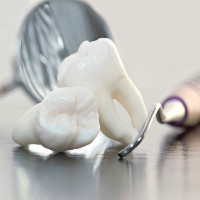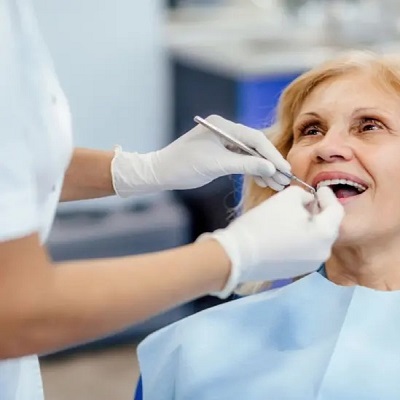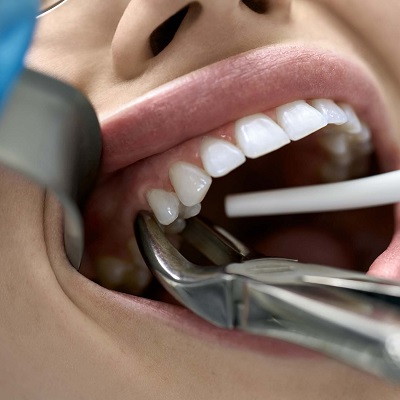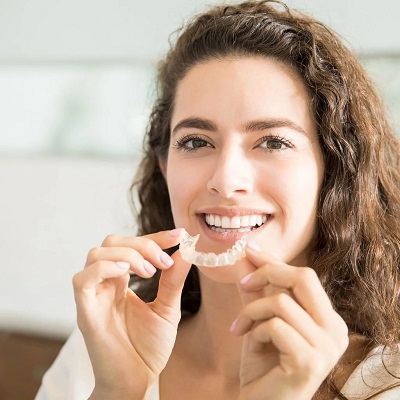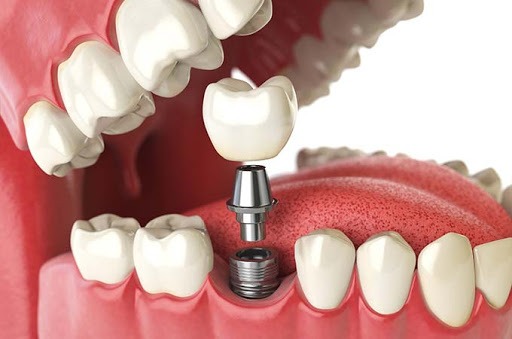How Orthodontists Treat Crossbites: A Comprehensive Guide
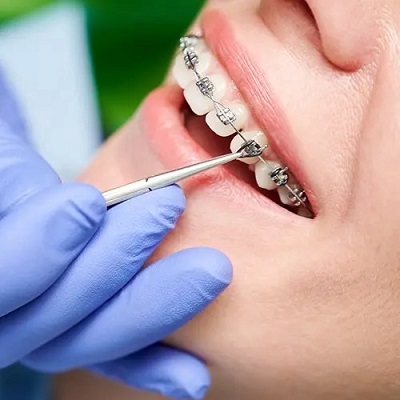
Crossbites are a common dental issue where the upper teeth do not properly align with the lower teeth. This misalignment can lead to various problems, including uneven wear on teeth, jaw discomfort, and even difficulty in chewing. If you're facing this issue, seeking help from an Orthodontists Clinic in Dubai can significantly improve your dental health and overall well-being. This comprehensive guide will delve into how orthodontists diagnose and treat crossbites, exploring various treatment options available.
Understanding Crossbites:
Crossbites can occur in two primary forms: anterior crossbites and posterior crossbites.
Anterior Crossbite: This occurs when the upper front teeth are positioned behind the lower front teeth when the mouth is closed. It is often associated with skeletal discrepancies or dental crowding.
Posterior Crossbite: This happens when one or more upper molars sit inside the lower molars. This condition can affect the alignment of the jaw and lead to functional problems.
Causes of Crossbites:
Understanding the underlying causes of crossbites is crucial for effective treatment. Some common factors include:
Genetics: Many cases of crossbites are hereditary. If parents had crossbites, their children may also inherit this dental condition.
Thumb Sucking: Prolonged thumb sucking during childhood can influence tooth position and lead to crossbites.
Jaw Discrepancies: Abnormalities in jaw development can contribute to misalignment, resulting in crossbites.
Dental Issues: Teeth crowding, early tooth loss, or improper eruption of teeth can also lead to crossbites.
Diagnosis of Crossbites:
The first step in treating crossbites is a comprehensive diagnosis. Orthodontists at an Orthodontists Clinic in Dubai typically perform the following evaluations:
Clinical Examination: The orthodontist will visually assess the alignment of the teeth and jaws, looking for signs of crossbites.
Dental X-rays: X-rays help in evaluating the position of teeth and roots, allowing the orthodontist to see underlying issues that may not be visible during a physical examination.
Bite Analysis: A detailed bite analysis can provide insights into how teeth fit together and identify specific misalignments.
Treatment Options for Crossbites:
Once a crossbite is diagnosed, orthodontists will recommend a suitable treatment plan tailored to the individual's needs. Common treatment options include:
Braces:
Braces are one of the most common solutions for correcting crossbites. They work by applying consistent pressure to the teeth, gradually moving them into the correct position.
Metal Braces: Traditional metal braces are made from stainless steel and are highly effective in treating various types of crossbites.
Ceramic Braces: These braces are similar to metal braces but are less visible. They offer a more aesthetic option for those concerned about appearance.
Clear Aligners:
Clear aligners, such as Invisalign, are becoming increasingly popular for treating crossbites, especially among adults and teens.
Invisible Solution: Clear aligners are made from a transparent material, making them virtually invisible when worn.
Comfort and Convenience: They can be removed for eating and oral hygiene, offering a level of convenience that traditional braces do not.
Palate Expanders:
For patients with narrow upper jaws contributing to posterior crossbites, orthodontists may recommend a palate expander. This device gradually widens the upper jaw to create more space for teeth alignment.
Fixed Expanders: These are cemented to the upper molars and require regular adjustments.
Removable Expanders: Some expanders can be removed by the patient, making them easier to manage.
Surgical Options:
In severe cases, orthodontists may recommend surgical intervention, particularly for adults with skeletal crossbites that cannot be corrected through braces or aligners alone. Surgical options include:
Jaw Surgery: This surgery repositions the jaw to improve alignment and function. It is usually combined with orthodontic treatment for optimal results.
Extraction: In certain situations, removing specific teeth may be necessary to create space and improve alignment.
Importance of Early Intervention:
Early intervention is crucial for effectively treating crossbites, particularly in children. Identifying crossbites during the developmental stage allows orthodontists to guide the growth of the jaw and teeth more effectively.
Guiding Growth: Early treatment can help shape the jaw and position teeth correctly, reducing the need for extensive treatment later on.
Minimizing Future Issues: Addressing crossbites early can prevent complications such as tooth wear, jaw pain, and speech difficulties.
Maintaining Results After Treatment:
Once treatment is complete, it is vital to maintain the results achieved. Orthodontists often provide retainers to help keep teeth in their new positions.
Types of Retainers: There are fixed and removable retainers, and the orthodontist will recommend the most suitable type based on individual needs.
Regular Check-Ups: Regular follow-up visits to the Orthodontists Clinic in Dubai ensure that your teeth remain properly aligned and that any issues are addressed promptly.
Lifestyle Adjustments:
Post-treatment, some lifestyle adjustments may help maintain optimal oral health and prevent relapse:
Good Oral Hygiene: Proper brushing and flossing are essential to keep teeth healthy and prevent cavities.
Dietary Considerations: Avoiding hard or sticky foods can help protect newly aligned teeth.
Conclusion:
Crossbites can significantly impact oral health, leading to various complications if left untreated. At an Orthodontists Clinic in Dubai, skilled professionals utilize a variety of techniques to diagnose and treat this dental issue effectively. By understanding the causes, treatment options, and the importance of early intervention, patients can take proactive steps toward achieving a healthier, more aligned smile. If you suspect you or your child may have a crossbite, consult with an orthodontist to discuss the best treatment options available.
Note: IndiBlogHub features both user-submitted and editorial content. We do not verify third-party contributions. Read our Disclaimer and Privacy Policyfor details.

